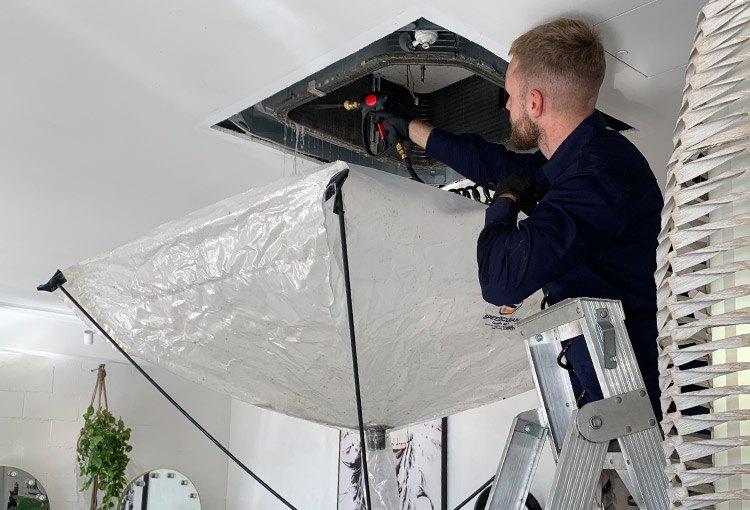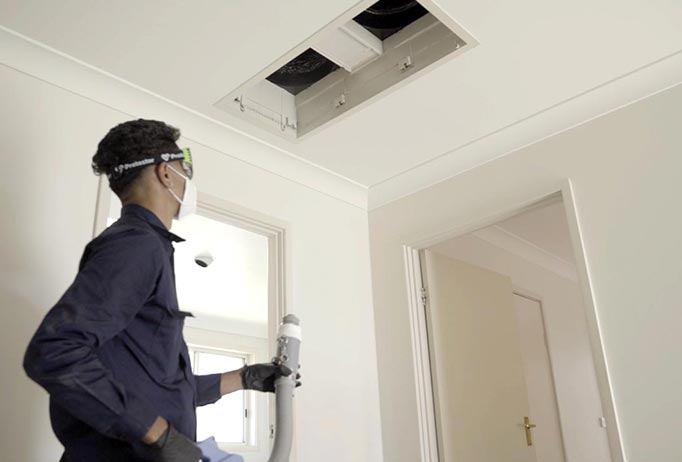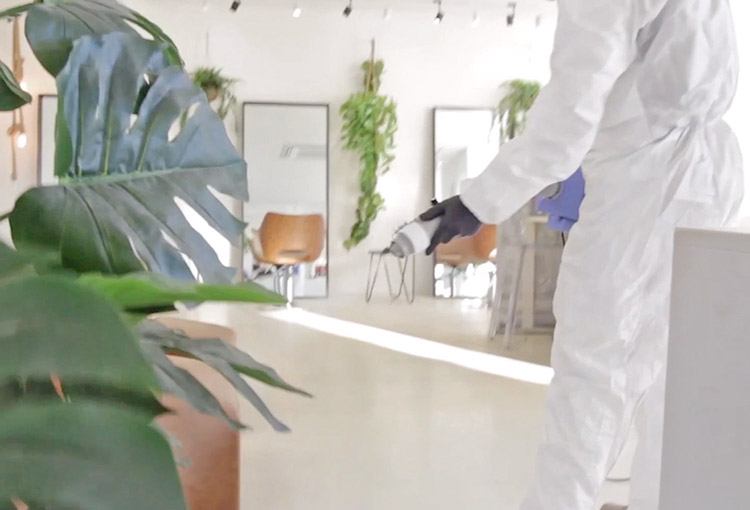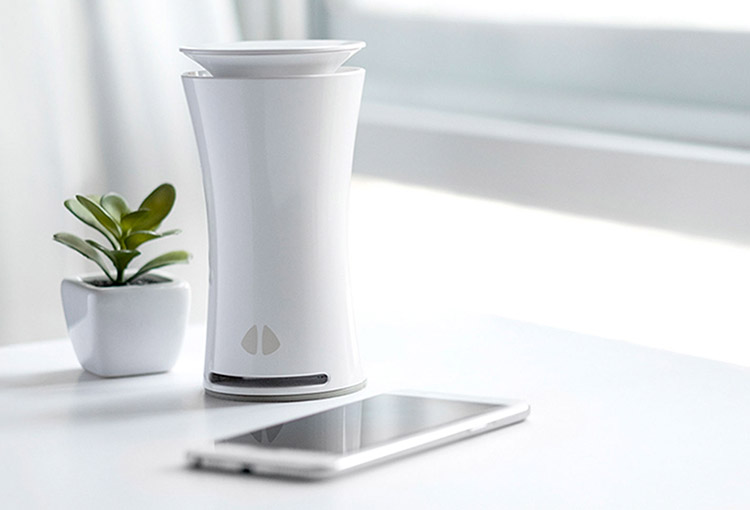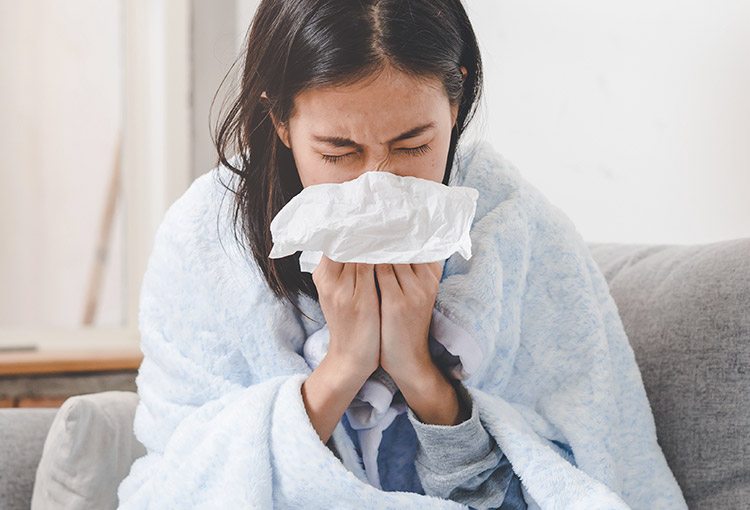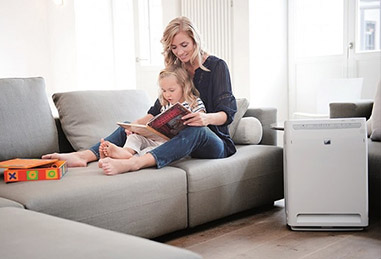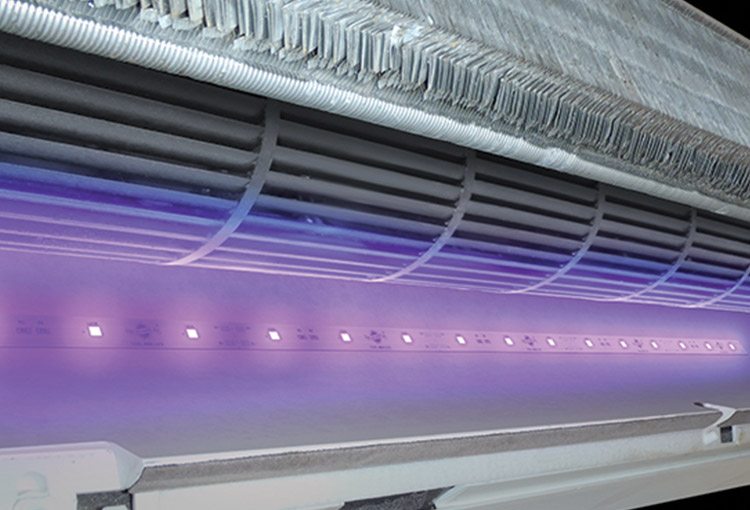Indoor Air Quality (IAQ)
- Fully licensed and insured in-house technicians
- Lifetime workmanship warranty
- 100% service satisfaction guarantee
- Leading-edge technology
Free Onsite Quote
100% obligation-Upfront Quote from
qualified and licensed technicians
Same Day Quote
A fully tailored, obligation-Upfront Quote will be provided to you on the spot
Tailored For Your Home
A full heat load calculation, space inspection, and efficiency study
Picture Perfect Installation
Every detail matters, indoor, outdoor unit, trunking, controls and all accessories will be perfect
Indoor Air Quality
When we hear “air pollution” we immediately imagine massive factories releasing large amounts of smoke covering the sky, that constant Gingham filter over the city of New Dehli, and perhaps for us Aussies – our 2019-2020 bushfire that generated the worst-ever air quality to date. Because of this natural tendency to assume the air is worse outside, we are often recommended to stay home to escape such pollution. Now, there’s nothing wrong with avoiding the bushfire smoke, yet most of us don’t know anything about indoor air pollution.
Humans spend more than 90% of their lives indoors.
Now more than ever regardless of what is going on – bushfire or a pandemic lockdown – more people are cooking, exercising, working, relaxing and sleeping within the same four walls.
Indoor air pollution in homes can be anywhere from 2 to 5 times more than outside air. In the worst situation, some homes have reported indoor air that is 100x more polluted than the air outside.
The truth is there are more harmful pollutants in our own homes than the outside. Plus, outdoor pollutants can also find their way into our homes.
So, what are you breathing? And, how is it affecting your health?
Indoor Air Quality Statistics
90%
Australians spend 90% of their time indoors
$12 Billion
Cost of poor indoor air quality in Australia per year
Top 5 Risk
Indoor Air pollution ranked in EPS's top 5 environmental risk to public health
2 to 5
Indoor air Quality is 2 to 5x worse then outdoor air quality
50%
50% of Illnesses are caused by aggravated indoor air pollution
1 in 9
Australians have asthma (around 2.5 million people)
1 in 5
Australians suffer from allergic rhinitis (hay fever) around 4.5 million people
Schedule an appointment with
one of our specialists today.
What Our Community
Is Saying About Alliance
The communication was excellent with Alliance every step of the way (sales, accounts, schedulers, installers, electricians etc) and we were very happy with the final installation by Yunus, Gokhan, Dragan and Thomas. Everyone was polite, neat and seemed to know what they were doing.
Alliance were able to the whole job, including electrical work. Very convenient and recommended. Thanks.
Yunus's installation team was prompt, and engaging. The installation took no time at all and best of all, the place was cleaned up and spotless by the time they are done.
The air con is working fantastically. I'm super grateful. Would definitely recommend them and use them again in the future
Indoor Air Quality Treatment
Tips to Improve Indoor Air Quality
Fill your home
with Indoor Plants
Live plants are an aesthetically pleasing way to not only liven up your home but improve the indoor air quality. While all kinds of houseplants help purify the air, there are certain plants that are more suitable to be kept in rooms with computers or printers. Whereas other plants are more useful in a kitchen with a gas stove. Visit your local nursery to find out what indoor plants are best suited for your home.
Improve indoor air
with new technology
Increasingly, there are more and more devices created as add-ons to our existing air conditioning at home. This includes [UV Blue Light] that can kill bacteria and mould within the air conditioning system while a [MERV-13 Filter] captures up to 90% of contaminants within 1 to 10 microns i.e. viruses that often travel via sneeze and cough particles.
Invest in an air
quality sensor
Although not very well known there are devices created to measure indoor air. Some products are can even connect with other smart home devices or use IFTTT triggers to speak to other smart appliances to improve the air quality in your home.
Maintain a
smoke-free home
There are over 7,000 chemicals found in second-hand smoke. Plus, burning anything emits carbon monoxide and carbon dioxide into the air. This includes that salted caramel candle you have in your room. Fun fact: Incense sticks are more damaging than candles as they emit over 100x more fine particles into the air than candles.
Opt for natural
cleaners
Use lemon juice, baking soda, or vinegar to clean surfaces instead of supermarket disinfectants and chemical sprays.
Ventilate
your home
One of the most effective ways to increase your indoor air quality is to make sure there is a steady airflow going through your home. This may mean cracking a window open even when it’s cold or consider having a ventilation system installed and making sure it is regularly maintained.
Schedule an appointment with
one of our specialists today.
Offer Save
$55
When you book online,
on service work*
Not to be combined with any other offer
*Offer to be presented at point of booking or sale.
